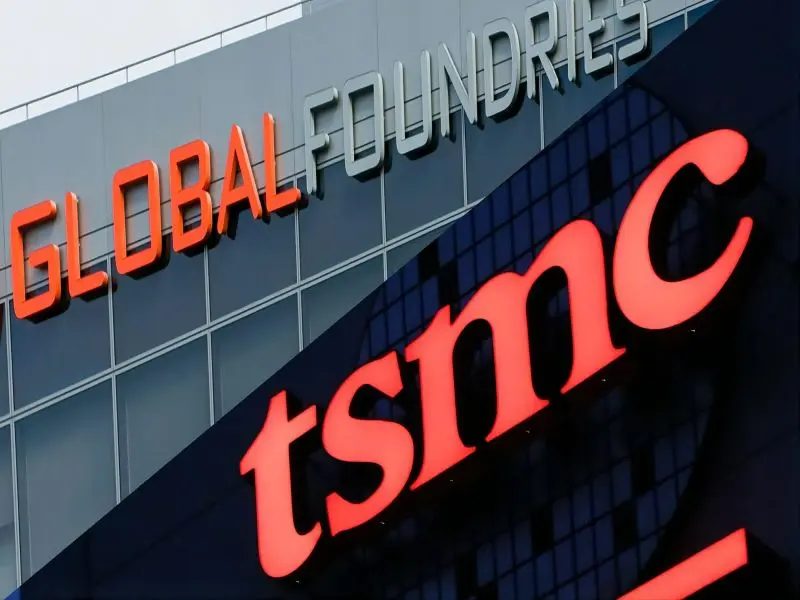- Benefiting from the AI boom, TSMC has experienced significant growth.
- Competition among chip makers drives industry innovation and advances global technology.
OUR TAKE
AI is revolutionising the chip industry, with TSMC leading the charge. NVIDIA’s H100 GPU sets the standard in data centres, pushing design boundaries and enhancing devices with NPUs. Key players like NVIDIA, AMD, Qualcomm, Apple, and Intel are driving significant innovation. TSMC’s critical role, even for Intel, underscores its importance. This centralisation fosters innovation but also raises supply chain concerns. As AI, 5G, and IoT rise, the demand for advanced chips will only grow, further propelling industry progress.
— Yasmine Luo, BTW reporter
What happened?
TSMC is not the only tech firm benefiting from the AI boom. As the world’s leading semiconductor manufacturer, TSMC recently saw its market capitalisation briefly exceed $1 trillion due to unprecedented global demand for advanced processors. This milestone may be solidified with its upcoming quarterly earnings report.
TSMC produces processors for major global chip designers like Apple, Intel, Nvidia, AMD, and Qualcomm, often leaving it without real competition. The surge in TSMC’s market value is driven by growing AI semiconductor demand, which is expected to grow by 250% this year. In April, TSMC faced challenges like Taiwan’s strongest earthquake in 25 years, but it also secured $6.6 billion from the CHIPS and Science Act for US-based manufacturing.
Though its market cap has since dropped to $982.37 billion, TSMC remains the first Asian company to reach a trillion-dollar valuation and ranks eighth among the world’s largest companies. Expectations are high for TSMC’s stock and market cap to rise after its Q2 2024 financial results, with higher revenues anticipated as companies like Apple, AMD, and Intel ramp up production in the second half of the year.
Also read: TSMC soars 30%: AI chip craze fuels a profit leap in Q2
Also read: U.S. pours $5 billion into Taiwan chip maker TSMC for Arizona plant
Why it’s important
AI is transforming our world, impacting both cloud data centres and personal devices, and driving significant changes in the chip industry, with TSMC at the forefront.
AI’s growth is evident in data centres, with NVIDIA’s H100 GPU dominating due to its high performance. This demand is pushing chip design and manufacturing boundaries.
AI’s influence is also spreading to end devices, with new architectures incorporating NPUs, enhancing local AI processing capabilities and reducing cloud dependency.
This trend presents opportunities for chipmakers:
- NVIDIA: Leading in AI chips.
- AMD: Competing in CPUs and GPUs.
- Qualcomm: Entering the PC market.
- Apple: Succeeding with in-house chips.
- Intel: Shifting to a hybrid model, using TSMC for some products.
TSMC is crucial, supporting high-end chip manufacturing for major companies. Even Intel now outsources some products to TSMC, underscoring TSMC’s importance. This centralisation offers benefits and risks, promoting innovation but raising supply chain and geopolitical concerns. Competitors are investing heavily in R&D to catch up.
With the rise of AI, 5G, and IoT, demand for advanced chips will grow. The ability of Intel and Samsung to compete remains uncertain, but this competition will drive industry progress and benefit global technology.

